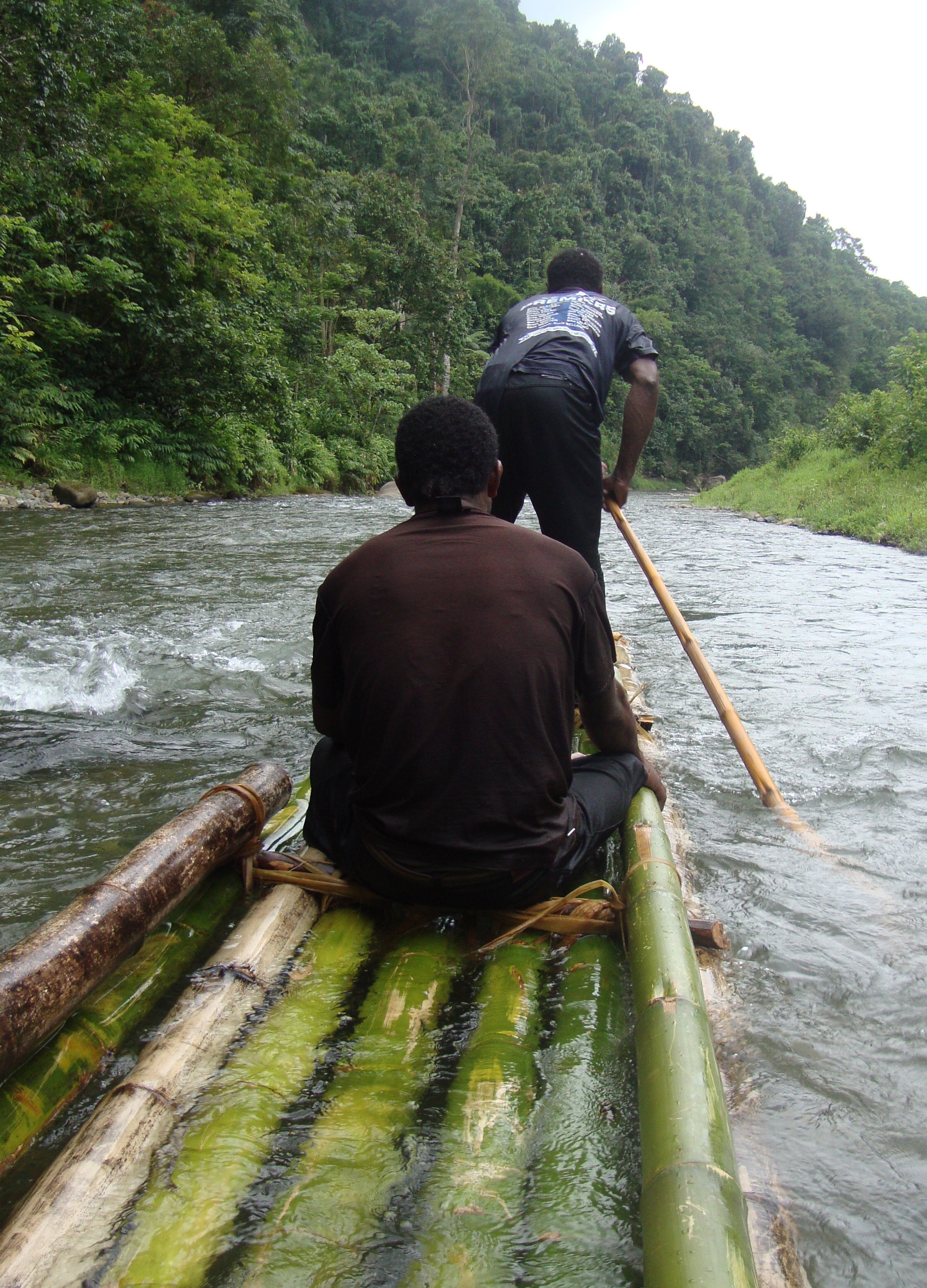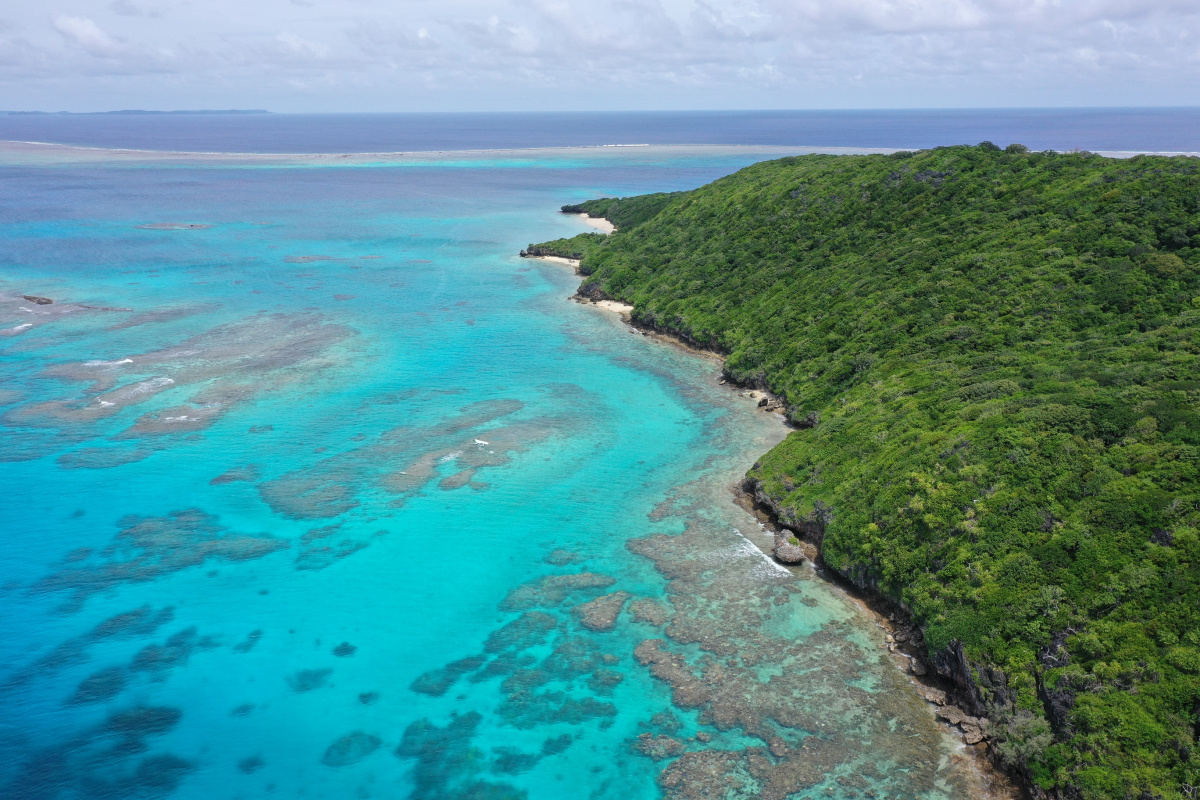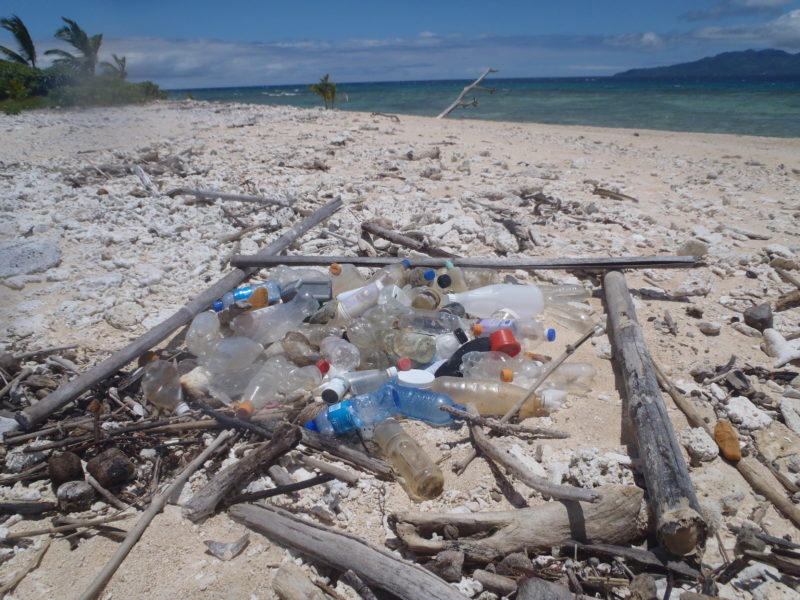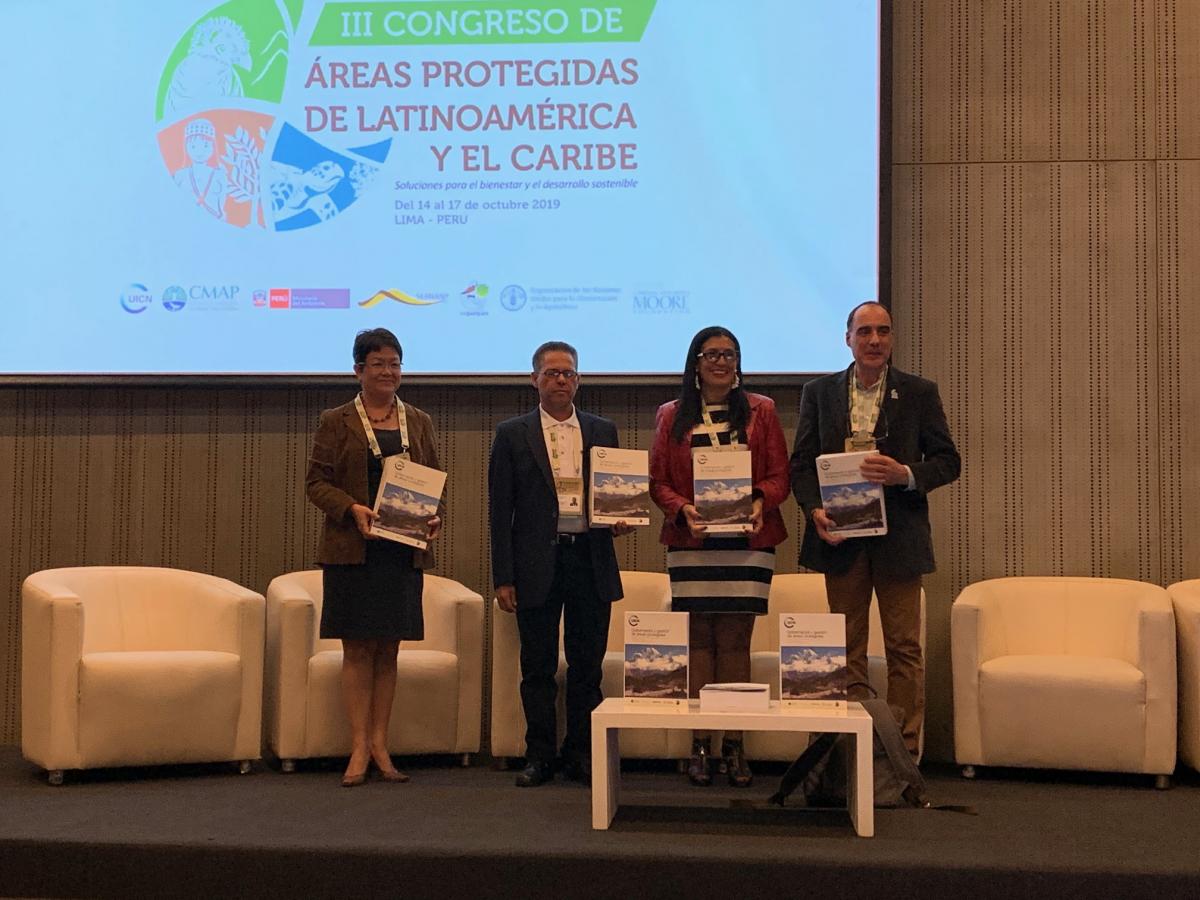The learning journey of NbS in the Pacific
Nature-based Solutions (NbS) are defined by IUCN as “actions to protect, sustainably manage, and restore natural or modified ecosystems, that address societal challenges effectively and adaptively, simultaneously providing human well-being and biodiversity benefits”.

Photo: IUCNSalote Sauturaga
NbS are not new to the region but the overarching concept and name are relatively new. Across the Pacific NbS have been implemented by generations of communities and other stakeholders. Developing logical frameworks and projects that utilise NbS for climate change adaptation is, however, a new challenge for many of us.
We would like to thank prospective grantees who attended the capacity building sessions from June to August 2021 and started the learning journey with us. The capacity building sessions included pre- and post- evaluations of the sessions and topics discussed. These evaluations were conducted on virtual platforms either via Zoom poll or Survey Monkey. We use these evaluations to assess the learnings of participants and to improve our capacity building sessions. They are vitally important.
We had 3 key recommendations from participant evaluations of the NbS capacity building session(s):
- NbS was a new terminology and yet to be fully understood in its entirety and application by practitioners especially for local organisations.
- While there are NbS standards and guidelines available, there is high demand amongst prospective grantees for relevant case studies on successful and unsuccessful local applications of NbS in the Pacific.
- While the use of virtual platforms maximises reach in a short span of time, there is still the need to consider conducting these sessions more often, with smaller groups and targeted topics of interests to garner effective engagement and robust discussions.
As we move forward we appreciate the inputs from our partners and grantees as we build the Kiwa Initiative Community of Learning on NBS and Climate Change Adaptation as these lessons will greatly influence and inform ways to improve the delivery of capacity building development and grant management for the Kiwa Initiative local projects prospective grantees.
---------------------------
The Kiwa Initiative is a multi-donor program with an EUR 41M budget, is the product of a unique commitment by European Union, France, Canada, Australia and New Zealand that aims to build resilience to climate change through Nature-based Solutions (NbS). It is based on simplified access to climate change adaptation and NbS financing for local and national authorities, civil society and regional organizations in the Pacific Countries and Territories, including the three French Overseas. The Kiwa Initiative aims to strengthen the resilience of Pacific Islands ecosystems, economies and communities in Oceania by supporting projects that promote nature-based solutions via grants and technical assistance.
Local Projects Component: The IUCN Oceania Regional Office (ORO) is managing the Local Projects Component for very small, small, and medium grants ranging from €25,000 to €400,000. The other two components of the overall Kiwa Initiative are regional projects between €1.5 to 5 million managed by the AFD Secretariat with technical assistance from SPREP and SPC.
The Local Projects Component is a 5-year programme that started in December 2020 and will end in June 2025. The programme commenced with the establishment of the grants mechanism which included the hiring of three staff, development of the grants operation manual and internal grant-making systems such as the establishment of Local Projects Component Steering Committee and a Technical Review Committee. In June the first call for proposal was opened for three months which then closed in September.
The Local Projects Component is open to countries and territories throughout the Pacific. This includes the Pacific Island Countries defined under the Organisation of African, Caribbean and Pacific States (ACP). The Kiwa Initiative is also open to French Overseas Countries and Territories (OCT).



